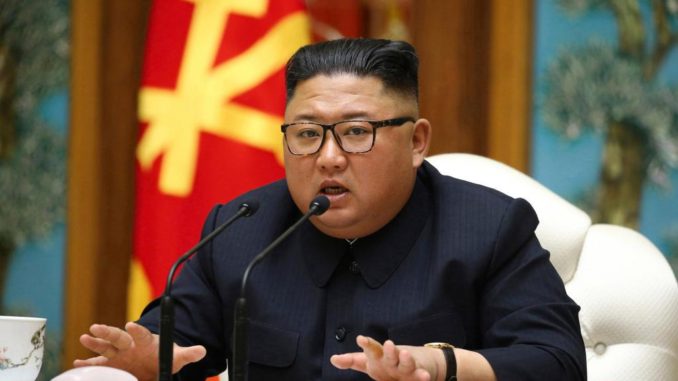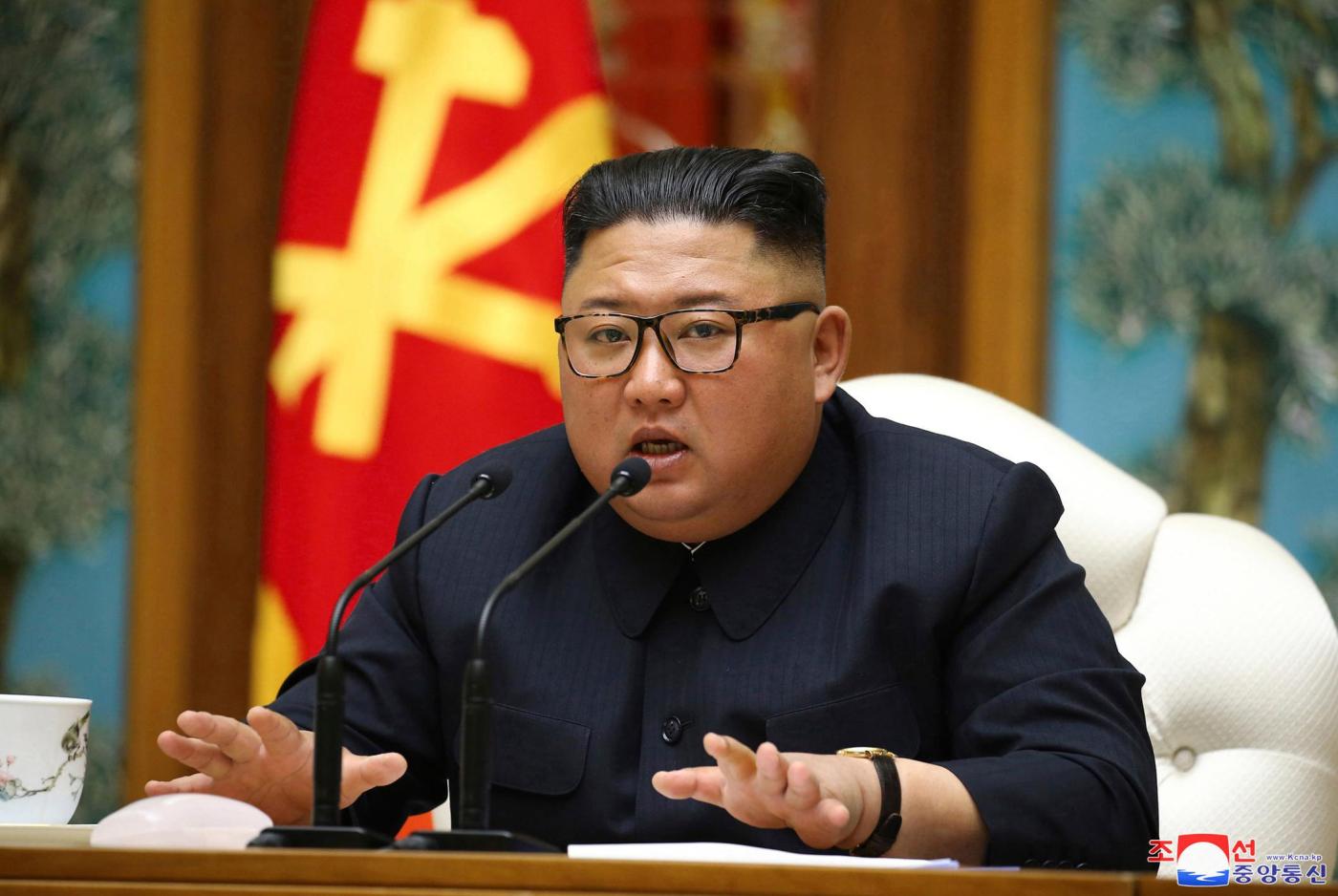
Every United States president over the last 30 years has entered the White House thinking they will be the one to finally solve the North Korean nuclear problem. And without fail, every U.S. president during this same time frame has left office with the problem more deeply entrenched. The trend is likely to continue if President Joe Biden doesn’t endorse a dramatic break in the conventional orthodoxy.
Many of the Biden administration’s top foreign policy officials have first-hand experience dealing with the North Korea file from their previous stint in government. The White House has already announced that a North Korea policy review will soon be launched.
No review, however, will result in effective U.S. policy if President Biden is not willing to challenge certain assumptions about North Korea — all of which are taken for granted in Washington but have also been proven to be wrong over time.
The first assumption is the most widespread: under no circumstances can the United States tolerate a nuclear-armed North Korea. According to this logic, to allow North Korean leader Kim Jong-un to possess nuclear warheads is to make a mockery of the Nuclear Non-Proliferation Treaty and condone a situation where the United States and its allies are less safe.
As prevalent as this assumption is, it is both wrong on the merits and vastly behind the times. The U.S. and its allies in Asia are living in the world as it exists, not the world we wish it to be. North Korea is a nuclear weapons state.
The U.S. Army assesses Pyongyang possesses approximately 20-60 nuclear warheads in its arsenal. That work hasn’t stopped just because former President Donald Trump decided to embark upon summit diplomacy with the North. The simple fact is that Washington’s time-honored tradition of seeking North Korea’s complete and verifiable denuclearization is an outdated objective outpaced by current events. While the Biden administration does not have to give up denuclearization as a long-term objective, prefacing the resumption of bilateral negotiations with the North on such a far-fetched demand is guaranteed to poison the well and push Pyongyang to avoid dialogue altogether.
The second assumption is just as unhelpful and potentially damaging as the first: that Kim Jong-un, like his father, is an unhinged, irrational human being who is only a bad night’s sleep away from using his nuclear warheads against the United States or its allies in East Asia. The Kim-is-crazy hypothesis has led to some extraordinarily harebrained policy pronouncements from senior U.S. lawmakers, such as South Carolina’s Republican Sen. Lindsey Graham’s recommendation that the U.S. may need to go to war with a nuclear-armed North Korea to stop Pyongyang from hitting California with a nuclear-tipped intercontinental ballistic missile.
Kim Jong-un, however, is not some lunatic bent on destruction. In reality, he is the leader of an extremely weak and vulnerable country surrounded by neighbors exponentially more powerful than his own, with a historically hostile relationship with the world’s foremost military, diplomatic and economic power.
In such a situation, a nuclear arsenal is the best life insurance policy a weak state can buy to deter stronger rivals from contemplating military action. These decisions aren’t reflective of a madman, but of a rational, cold-blooded leader holding a bad set of cards. As a top CIA analyst responsible for North Korea concluded, “He [Kim] wants to rule for a long time and die peacefully in his own bed.”
In other words, Kim Jong-un responds to deterrence like any other national leader. And there is no question the United States, with a military infinitely stronger than Pyongyang’s, can deter the regime for as long as it needs to.
Last but not least, there is a universal theory in Washington policy circles that the weaker the North Korean economy is, the more likely Pyongyang will be willing to compromise over its nuclear deterrent. This belief appears to hold credence among some of Biden’s national security advisers; during his Jan. 19 confirmation hearing, new Secretary of State Antony Blinken stated that further pressure options on the North will be evaluated.
History, however, has shown that not to be a particularly good idea. If there was ever a time when the North Koreans would be keen to jump into denuclearization talks, it would be today, when the Kim regime is experiencing significant financial hardship due to a combination of floods, trade restrictions and coronavirus-related border closures. Exports to China, North Korea’s lifeline, are down 74 percent year-over-year.
To date, none of this economic turmoil is convincing the North Koreans to enter new talks on Washington’s terms. If anything, maximum pressure on the North is likely persuading Kim Jong-un to continue developing new strategic weapons systems in order to bolster his defenses and acquire more negotiating leverage in the event diplomacy returns. As Sydney Seiler, the U.S. National Intelligence Officer for North Korea, said on Jan. 23, “when [North Korea is] hurting, when it needs help,” it “is less likely to engage because it feels vulnerable.”
One thing is certain about this policy review: If President Biden does not reevaluate the decaying assumptions Washington has been relying on, his own North Korea policy is likely to be as unproductive as his predecessors.
Daniel R. DePetris is a fellow at Defense Priorities.






